It, however, kept its ‘B’ rating but added that it expected a revival of Gross Domestic Products (GDP) growth and a decline in inflation and the budget deficit.
It also maintained the ‘BB-‘ rating on Ghana’s $1billion partially guaranteed note as well as Ghana’s Country Ceiling and Short-Term Foreign and Local Currency IDRs has been affirmed at ‘B’.
Key rating drivers
According to Fitch, after recent crisis period, Ghana is making progress in stabilising the economy, with an expected revival in GDP growth, declining inflation, a more stable currency and increasing foreign exchange reserves. Furthermore, Fitch judges that the President Akufo-Addo government would make progress in reducing the budget deficit after the election-related slippage in 2016, albeit with continued downside risks.
Growth to improve to 6%
Fitch said it expects growth to improve to 6% in 2017 from an estimated 3.6% in 2016, when it was hampered by lower than expected oil production and power cuts.
The credit ratings agency cited deceleration in inflation, fall in Consumer Price Index (CPI) appreciation of the cedi as improvement in the macroeconomic environment which has allowed the Bank of Ghana to cut its policy interest rate to 23.5% from a peak of 26% in 2016.
According to Fitch, rising oil production and the benefits from macroeconomic stability would support Ghana’s medium-term growth potential above 6%, a key rating strength.
2016 blow-out
Ghana experienced a blow-out in the 2016 budget deficit, which widened to an estimated 8.9% of GDP (on a cash basis) in the run-up to December general elections, compared with a government and IMF target of 5.3%, and an outturn of 6.3% in 2015.
$1.3bn unapproved spending
The cash deficit includes up to $1.3 billion (3% of GDP) in off-budget and unapproved spending.
On a commitment basis, accounting for an additional $650 million in unpaid commitments, Ghana’s deficit widened to as much as 10.5% of GDP.
Fitch notes that some of the unapproved expenditure is presently being audited and a significant chunk may be written down, which would lower the deficit.
Budget deficit to narrow to 7.5%
Fitch forecasts the 2017 budget deficit to narrow to 7.5% of GDP on a cash basis, and further to 5.5% in 2018.
The government’s 2017 deficit forecast of 6.5% of GDP is based on an expected increase in tax revenues and a cut to capital expenditures.
Increase in tax revenues will be difficult to realise
Fitch believes that the expected increase in tax revenues will be difficult to realise, as the budget contains significant tax cuts aimed at boosting the business climate noting that Ghana has historically underperformed its budgeted revenue projections.
On the expenditure side, Fitch said interest costs will continue to exert upward pressure.
Interest costs are 32% of govt revenues
Ghana’s interest costs are 32% of its general government revenues, a level well above the ‘B’ median of 9%.
Also, it added that a lack of transparency and accountability within the line ministries has persistently led to substantial off-budget spending and the accumulation of arrears.
The credit ratings agency stated that successful implementation of the measures outlined in the Public Financial Management Act, 2016 would help control expenditure and keep spending focused on the policy priorities outlined in the budget.
Gross general government debt has stabilised, experiencing a slight increase to 73% of GDP at end-2016, from 72% at end-2015.
Fitch expects the debt to GDP ratio to decline to around 71% by end-2017 due to strengthening of the exchange rate as 62% of debt is foreign currency denominated, lower budget deficit and robust nominal GDP growth.
Debt level will remain higher than peers
However, it said Ghana’s debt level would remain higher than peers, both as a percentage of GDP (the ‘B’ median is 56% of GDP) and as a percentage of revenue.
Ghana’s general government debt/revenue is 366%, compared with the ‘B’ median of 225%.
Ghana’s $915 million Extended Credit Facility (ECF) with the International Monetary Fund (IMF) is a key support for the sovereign ratings.
The incoming government has signalled its commitment to complete the programme, but has engaged with the Fund in renegotiating some of the programme’s indicative targets and structural benchmarks.
Fitch believes that the government remains committed to successfully completing the current programme, which is due to run until 2018.
Ghana’s ‘B’ IDRs reflect the following key rating drivers
According to Fitch, Ghana’s external finances are rating weakness.
Fitch forecasts the current account deficit to narrow slightly to 6.3% of GDP in 2017, from 6.7% in 2016, but remain above the ‘B’ median of 5.7% of GDP.
It noted that increases in oil and gas exports would help Ghana’s export performance, but rising imports would keep the current account deficit from narrowing significantly.
International reserves increased by $460 million in 2016, ending at $4.9 billion, about 2.8 months of current external payments.
Foreign reserves to hit $5.2bn
Fitch expects that external debt payments due in 2017 would limit reserves accumulation and forecasts reserves to reach $5.2 billion at end-2017.
It said the ratings are supported by World Bank governance indictors and business environment indicators that are stronger than the ‘B’ median, underlined by the peaceful transition of power in December.
However, the ratings are constrained by low GDP per capita, which at $1,509 is less than half the ‘B’ median, low human development indicators and dependence on commodity exports.
Fitch upgrades Ghana’s economic outlook from negative to stable
- Posted on
- Comment
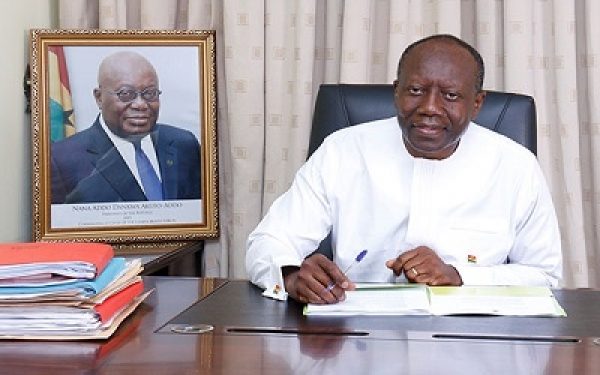 -From negative to stable and
-From negative to stable and
says govt is making progress
CREDIT Ratings Agency, Fitch, has upgraded Ghana’s outlook from negative to stable, saying the new government was making progress in stabilising the economy after a period of crisis.
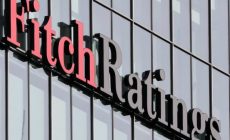
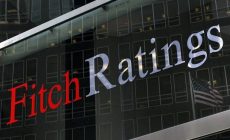
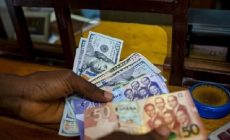
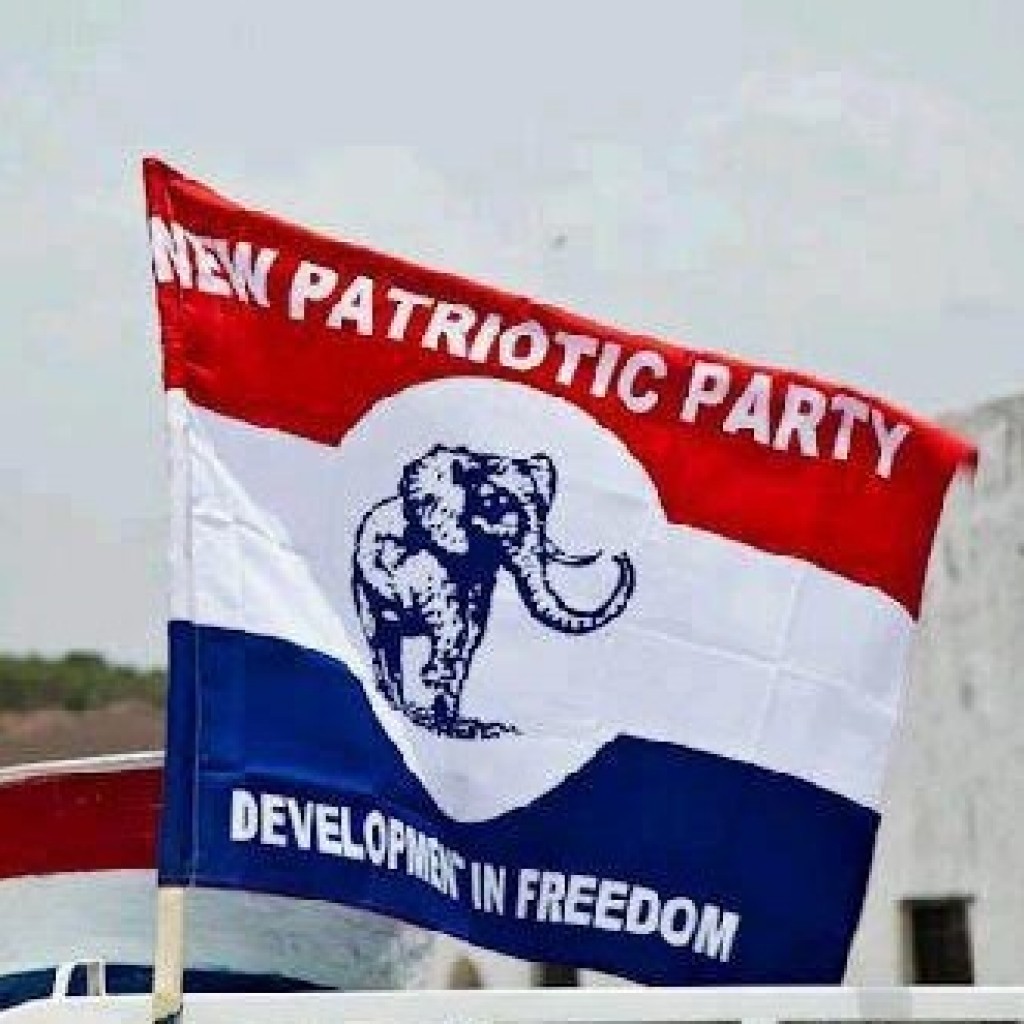






 (Selorm) |
(Selorm) |  (Nana Kwesi)
(Nana Kwesi)